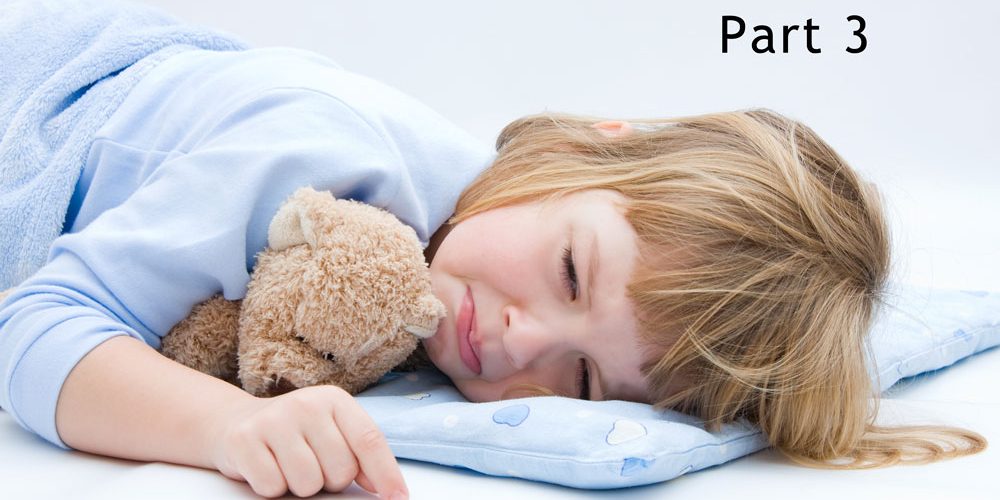By Jerry Morris, PsyD, MsPharm, MBA
MB (Marc Braman, MD, MPH):
Now, I wanna touch on these behavioral issues, these lifestyle issues that potentially cause ADD and potentially could be used as treatment and correcting them. Could you run through some of those? Like medications and food and exercise and those sorts of things for us?
JM (Jerry Morris, PsyD, MSPharm , MBA):
Sure, I’ll give you some examples from real cases. One of the subtypes of Attention Deficit Disorder families that sometimes we doctors step into is the laissez-faire chaotic family that only really parents or regulates or inhibits certain impulses and drives and behaviors in the child when they become frustrated or angry or irritated or annoyed. What happens in laissez-faire parenting environments, the only time the child gets parenting or most often type of parenting is a very frustrated, emotional, and pressured and tense situation. Well, that doesn’t teach self-regulation very well and actually, teaches activation and anxiety and energy and disruption of focus and escape vectors. And so, when you look at that kind of family, that they not only don’t know how to teach a skill that requires relaxation, switching off all of the afferent input or anchoring your focus or attention on something so you can block out white noise or background stimulation, or even going to sleep and switching on the parasympathetic or the less conscious nervous system, they don’t teach that very well.
JM:
So that’s one vector. Another vector might be that more laissez-faire family who doesn’t supervise nutritional intake. So the child has ready access constantly in the refrigerator or the cabinets for all sorts of stimulants, from chocolates to red dye drinks or Coca-Colas that are chocked with sugar or chocked with salt, which masquerades in our taste buds as sugar in the Diet drinks, and then therefore, changes the permeability of the membrane for nerve firings and so inhibition may be harder in certain areas of the brain. And all sorts of things like that in stimulation that disrupts the brain’s ability then to start to learn these complex quieting and switching and self-regulation skills. Another area is exercise. Obviously, like most areas that contribute to health, exercise is a two-edged sword. There’s a reason why we don’t recommend that people do their weight-lifting and running and exercise 30 minutes before they go to sleep or take their nap.
JM:
It’s an activating organic process at that point. However, we also know that if you exercise each day, you produce more endorphins and more of the quieting and the pain control, and more of the GABA-receptor stimulation and growth, and the ability to relax and more of the ability to learn to condition, because even a runner or a ball player has to learn to relax large muscles, but yet fire short small muscles rapidly when there’s a skill needed. And so that… Even down to the in flight muscle receptor and the neurohormonal control of the body and exercise, you’re not only developing an organic response, but you’re also developing a psychological and self-regulatory response that’s important.
MB:
Okay, so, in recapping this, we have forces that stimulate us or that help us wind down, and putting those in the right place in our day and our physiology is really important. We want stimulation like exercise and light and food when we should be stimulated during the daytime, and we want to avoid things that are stimulants when it’s time to go to sleep, be that foods, medications, the stimulants that they’re already taking oftentimes would be a problem, and the family dynamics are hugely important around, is this child stressed? Does the family have a normal bedtime routines that help them get to sleep and relax, or the opposite? So all those things are forces regulating sleep that may then be causing ADD.
Sleep in children with attention-deficit hyperactivity disorder (ADHD): a review of naturalistic and stimulant intervention studies. Cohen-Zion M, Ancoli-Israel S. Sleep Med Rev. 2004 Oct;8(5):379-402. Review. PubMed PMID: 15336238.
Side effects of methylphenidate and dexamphetamine in children with attention deficit hyperactivity disorder: a double-blind, crossover trial. Efron D, Jarman F, Barker M. Pediatrics. 1997 Oct;100(4):662-6. PubMed PMID:9310521.
Moderators and mediators of treatment response for children with attention-deficit/hyperactivity disorder: the Multimodal Treatment Study of children with Attention-deficit/hyperactivity disorder. The MTA Cooperative Group. Arch Gen Psychiatry. 1999 Dec;56(12):1088-96. PubMed PMID: 10591284.





